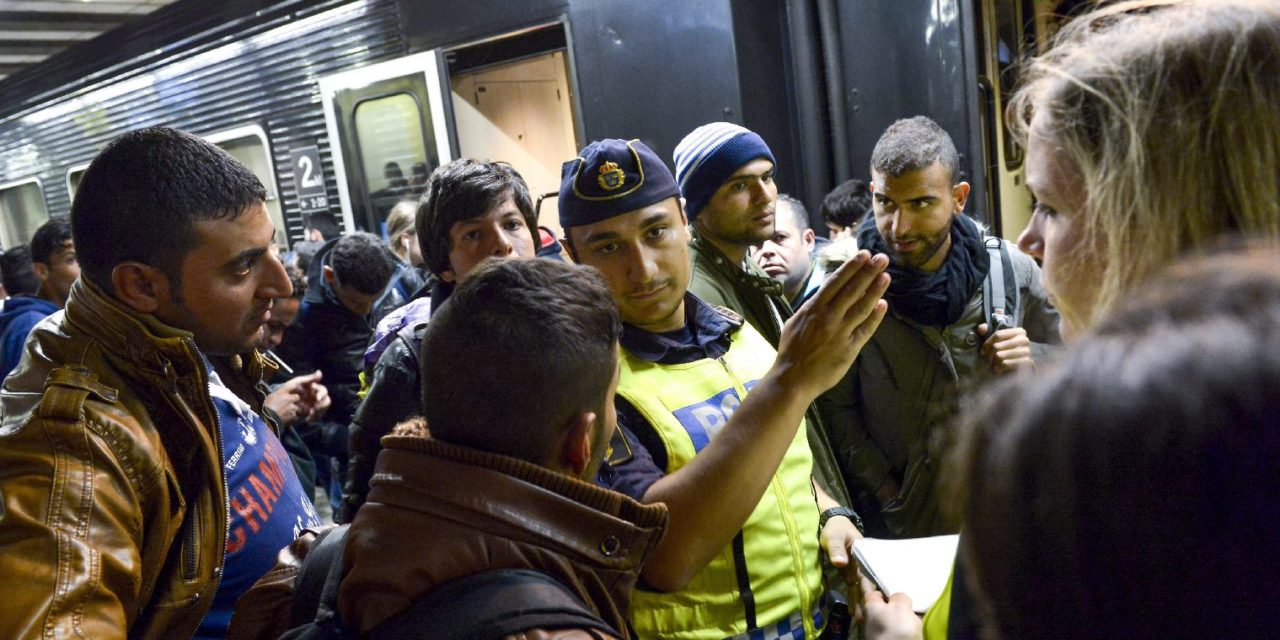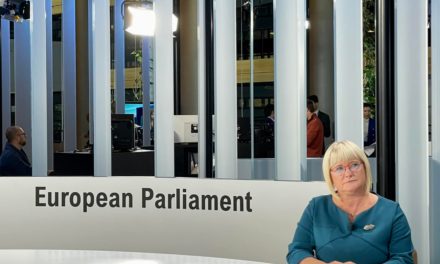The Danish government's migration policy would be tightened with another measure: according to the new proposal, immigrants would only receive state subsidies if they already work at least 37 hours a week. Otherwise, they would not be eligible for financial aid.
Danish Prime Minister Mette Frederiksen explained on Tuesday that the decree would initially only affect the estimated 20,000 people who have been receiving state benefits for three or four years, but do not have a certain level of education and do not speak Danish. The prime minister emphasized that the employment rate of women from the Middle East and North African countries, as well as from Turkey, Afghanistan and Pakistan, is particularly low. According to the statistical data, six out of ten women from the mentioned regions are unemployed, the Magyar Nemzet reported.
We want to introduce a new work logic to which people have a duty to contribute and make themselves useful
Frederiksen said.
Danish Labor Minister Peter Hummelgaard said that people can do various jobs within the framework of the 37-hour work obligation. These include cleaning, maintenance of beaches and forests, and they can also work in municipal institutions. The decree also emphasizes that Danish companies also play an important role in the creation of new jobs, which can also facilitate integration. The government believes that in the workplace, immigrants can meet new people, form relationships and get to know Denmark better.
The long-term goal of the measure is to promote the integration of immigrants and to reduce the number of asylum seekers to zero over time.
Statistics show that 11 percent of Denmark's approximately 5.8 million people have an immigrant background, and more than half came from countries that Copenhagen classifies as "non-Western."
According to Frederiksen, it was not the right decision to give state subsidies to immigrants without asking them for anything. The plans of the social democratic government still have to be approved by the parliament, but other left-wing formations also criticized the proposal. According to Mai Villadsen, spokesperson of the Red-Green Alliance, this kind of tightening can lead to state-supported social dumping, which is when one member state gains a competitive advantage over others through lower wage costs or looser labor law rules.
Last week, Immigration Minister Mattias Tesfaye spoke about "it was a mistake to criticize Viktor Orbán for having a barbed wire fence built on Hungary's border in 2015 ". In recent years, refugees have also arrived in Denmark in large numbers, but thanks to stricter measures, the numbers have already decreased: while in 2015, the Danish authorities registered more than 21,000 asylum seekers, by 2020 this figure had decreased to 1,515. This year, only 851 asylum applications were submitted until the end of July.
author: hirado.hu












